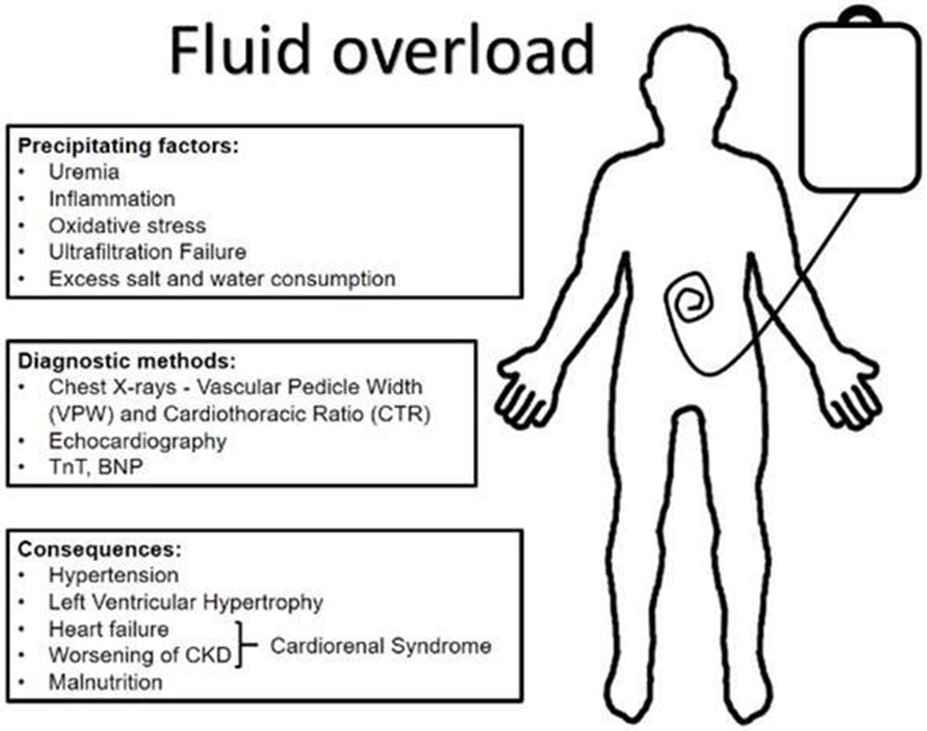A nurse is providing teaching to the guardians of a newborn about measures to prevent sudden infant death syndrome (SIDS). Which of the following guardian statements indicates an understanding of the teaching?
"I will not allow anyone to smoke near my baby."
"I will place bumper pads in my baby's crib."
"My baby's head should be placed on a pillow for sleeping."
"My baby should sleep in a side-lying position."
The Correct Answer is A
"I will not allow anyone to smoke near my baby."
- A. Correct. Avoiding exposure to tobacco smoke is one of the measures to prevent SIDS, as it can affect the respiratory function and arousal of the newborn.
- B. Incorrect. Placing bumper pads in the baby's crib is not recommended, as they can pose a suffocation or strangulation hazard for the newborn.
- C. Incorrect. Placing the baby's head on a pillow for sleeping is not advised, as it can increase the risk of suffocation or rebreathing of carbon dioxide for the newborn.
- D. Incorrect. Placing the baby in a side-lying position for sleeping is not suggested, as it can increase the likelihood of rolling over to a prone position, which is associated with a higher incidence of SIDS.
Nursing Test Bank
Naxlex Comprehensive Predictor Exams
Related Questions
Correct Answer is B
Explanation
- A. Heart rate 136/min is a normal finding for a newborn. The normal range of heart rate for a newborn is 100 to 160/min.
- B. Nasal flaring is an abnormal finding for a newborn. Nasal flaring indicates respiratory distress and may be caused by conditions such as pneumonia, meconium aspiration, or congenital heart defects.
- C. Transient strabismus is a normal finding for a newborn. Transient strabismus is a temporary misalignment of the eyes that occurs due to weak eye muscles and poor coordination. It usually resolves by 3 to 6 months of age.
- D. Overlapping of sutures is a normal finding for a newborn. Overlapping of sutures is caused by molding of the skull during delivery and allows the head to fit through the birth canal. It usually resolves within a few days after birth.
Correct Answer is C
Explanation
- A. Oliguria. This is incorrect because oliguria, or decreased urine output, is a sign of fluid volume deficit, not fluid volume overload.
- B. Bradycardia. This is incorrect because bradycardia, or slow heart rate, is not a typical sign of fluid volume overload, unless the client has a cardiac condition that affects the heart's response to fluid overload.
- C. Dyspnea. This is correct because dyspnea, or difficulty breathing, is a common sign of fluid volume overload, as excess fluid accumulates in the lungs and impairs gas exchange.
- D. Poor skin turgor. This is incorrect because poor skin turgor, or decreased elasticity of the skin, is a sign of dehydration, not fluid volume overload.

Whether you are a student looking to ace your exams or a practicing nurse seeking to enhance your expertise , our nursing education contents will empower you with the confidence and competence to make a difference in the lives of patients and become a respected leader in the healthcare field.
Visit Naxlex, invest in your future and unlock endless possibilities with our unparalleled nursing education contents today
Report Wrong Answer on the Current Question
Do you disagree with the answer? If yes, what is your expected answer? Explain.
Kindly be descriptive with the issue you are facing.
